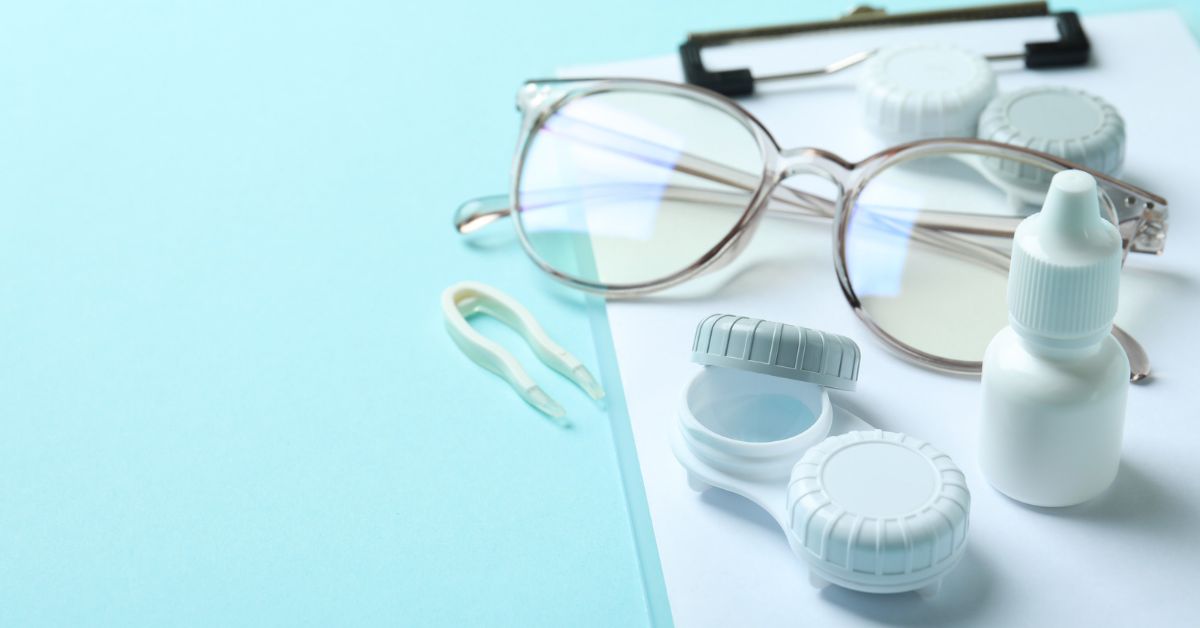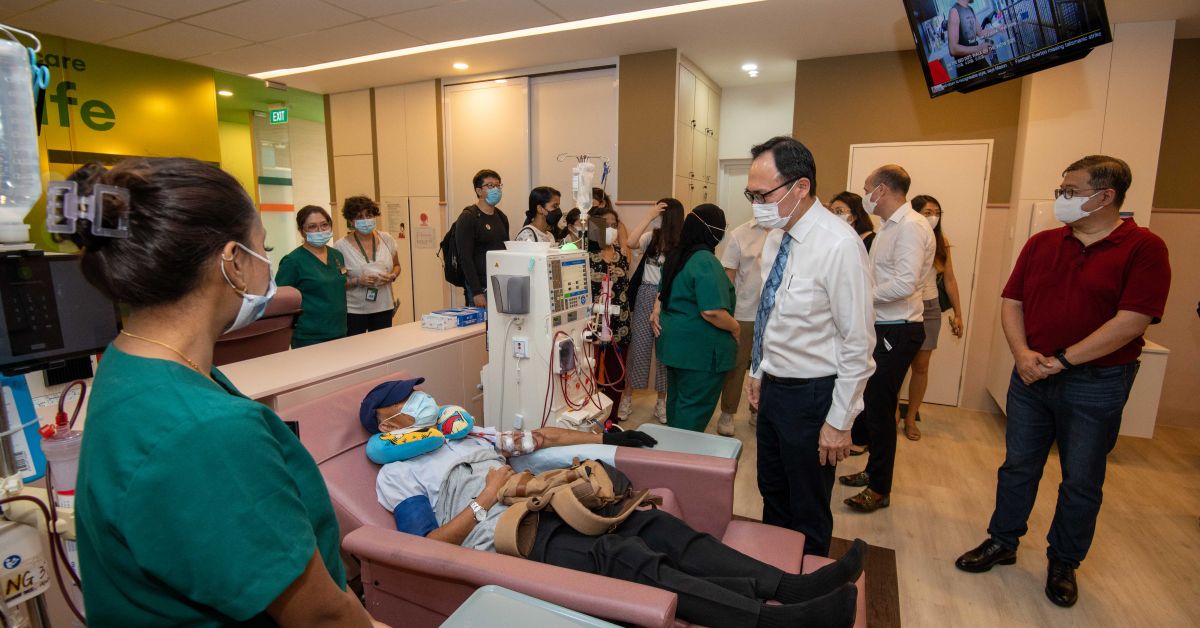
The eyes aren’t just the window to our souls, but also one of the main ways we perceive the world around us. Think awe-inspiring floral landscapes, the latest blockbusters and most importantly, our loved ones.
It is paramount that we take the necessary steps to keep our eyes safe and healthy, especially as we get older and age-related eye ailments begin to emerge.
That said, this information is equally applicable to younger friends and relatives too – particularly in today’s modern age. Daily screen time is nowadays not just an option, but a given.
Arming ourselves with the knowledge on how to enhance our eye health is therefore more important than ever.
Here are eight steps backed by scientific research that’ll help keep our eyes safe and healthy long into our golden years.
Advertisement
1. Protect Your Eyes From Direct Sunlight and UV Rays

Sunlight – and the ultraviolet radiation that comes with it – is definitely not in short supply in the tropics.
That’s bad news, since exposure to excessive sunlight and UV rays has been linked in some studies to serious age-related eye diseases like cataracts and macular degeneration (AMD).
It is best to avoid spending too much time outdoors in the harsh early to mid-afternoon sun without a pair of sunglasses or a hat to shield your eyes.
Parents and grandparents should note, however, that time spent outdoors seems to have a protective effect against the onset of myopia in children – so don’t turn your family into hermits either.
2. Quit Smoking
If you ever needed a kick to quit smoking, this is it. Smoking is a known cause of certain prevalent eye-related illnesses like AMD, cataracts and glaucoma.
Want to know how serious it is? Smokers may develop AMD a full decade earlier than non-smokers, at two to three times the incident rate – not to mention the slew of other health ill effects associated with smoking.
3. Exercise Your Eyes
Eye exercise is often touted as a way of keeping your eyes in good working condition, but there have not been conclusive studies that demonstrate their efficacy in staving off serious eye-related ailments like cataracts.
They do have a place as part of a fuller orthoptic programme to deal with specific disorders like strabismus (where eyes do not line up in the same direction) and convergence insufficiency (a decreased ability to converge the eyes while focusing on a near object).
However, that doesn’t mean we should rule out eye exercises altogether. Some studies have shown that they can improve reading speed in patients with AMD, or help train the brain to identify objects amid clutter.
Simple exercises, like tracing the figure eight with your eyes, can also be used to ease eye strain after long bouts of reading or surfing the web.
4. Exercise Your Body

Some studies showed that aerobic exercise – yes, of your entire body, not just the eyes – has links to reduced risk of AMD and glaucoma.
This link was further strengthened by clinical trials involving mice, which suggested that exercise had a protective effect against the overgrowth of blood vessels in the eye (a typical occurrence in people who have AMD and glaucoma).
Regardless of whether this applies directly to humans, aerobic exercise has plenty of other benefits too, like helping one control chronic illnesses like diabetes, high cholesterol and high blood pressure that are themselves linked to eye-related ailments.
It also helps if you keep at a healthy weight — obesity is also a risk factor for cataracts.
We’re not talking about running a marathon here. Aerobic exercise can be as simple as a jog or uphill walk. As a rule of thumb, it should be hard enough that you feel comfortable talking, but not singing.
5. Fix Your Diet

Diet is another important factor that contributes to your eye health.
There are a number of vitamins, minerals and other nutrients that have been linked to reduced risk of contracting serious eye diseases like AMD and cataracts include lutein, zeaxanthin, vitamin C, vitamin E, essential fatty acids and zinc.
In fact, some of these ingredients have even been associated with slowing down the progression of the same eye-related ailments once contracted.
They are commonly found in dark green leafy vegetables, fruits, nuts, seeds and oily fish like salmon and mackerel – all healthy grub that should be staples in your diet anyway.
6. Plug Gaps with Supplements
Supplementation can also be considered should any of these foods be off the menu due to dietary considerations. Existing studies show these antioxidants and minerals in pill form, help prevent or slow down the progression of some eye diseases.
Singaporean supplement brand Holistic Way offers a general eye health supplement containing lutein, carrot juice powder, eyebright extract (commonly used in eyedrop form to relieve eye irritation), rutin, quercetin and other goodies.
Consistent use of the supplement may help to enhance general eye health. It might also reduce the risk of developing AMD and cataracts, while possibly strengthening the blood vessels and retinal capillary bed in the eyes.
The supplement is available on Watsons’ online catalogue and its various stores islandwide.
7. Get Regular Eye Check-ups
Ignorance is not bliss when it comes to your health, especially if you suspect that you might have a genetic predisposition for certain eye-related ailments.
Getting regular eye check-ups every half a year will help you detect and treat any problems that arise while they are still in their infancy.
8. Mind the Small Things

Our final step to improving your eye health is to take note of all the little things. While it is important not to miss the forest for the trees, incremental changes to our lives can make a big different over time.
Some good habits that you should practice include staying hydrated, not rubbing your eyes excessively, and taking regular eye breaks when doing near work like reading or using your mobile phone for an extended period of time.
This article was written in collaboration with Watsons Singapore.






